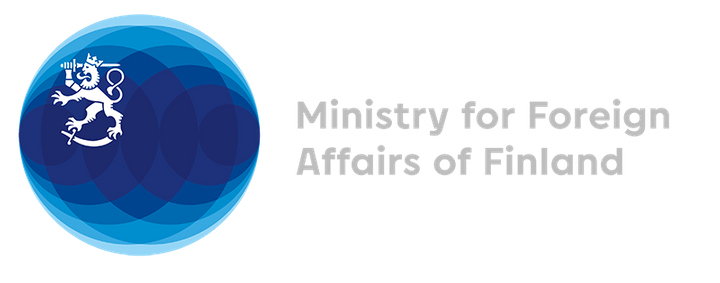Community / Land projects / Frame agreement with NGO (Fida Int.)
Frame agreement with NGO (Fida Int.)

€0
01/20 - 12/23
Завершено
This project is part of
Implementing Organisations
Donors
Data Providers
General
The project?s purpose is to improve the livelihoods of the extremely poor (vulnerable) people living in communities affected by environmental and climatic problems in Eastern Africa region. The regional food security and climate change programs role is to empower Fida partner organizations as duty bearers to expand their environmental interventions through training. The project will be implemented by Fida Eastern Africa Regional food security and climate change program. Fida?s Partners in Eastern Africa a re Full Gospel Churches of Kenya (FGCK), Pentecostal Churches of Uganda (PCU), Free Pentecostal Churches of Tanzania (FPCT), Ethiopian Guenet Church (EGC), Ethiopian Full Gospel Believers Church (EFGBC), The Community of Pentecostal Churches in Burundi (CE PBU), Association of Pentecostal Church of Rwanda (ADEPR) and The Pentecostal Churches in Central Africa (CEPAC). Different kinds of ecosystems have become vulnerable. Wetlands: surface water has decline, yet usage has intensify leading to land degradation and therefore affecting human livelihood. Part of the problem is caused by negative human activity in the communities and part is caused by climatic changes. Rain is a major limiting factor for crops, yet plants will require more water with warmer tempera ture. Warmer temperatures reduce length of growing seasons. Grain yield is highly sensitive to length of season. Crop pests and diseases may increase and irrigation water may decline. Vegetation will dry faster and drinking water becomes scarce.Eastern Afr ica food security and Climate change project will build the regional partner?s capacity to deal with environmental issues and to find better livelihood strategies for people suffering from the effects of climate change and environmental degradation. Since Fida?s Partners have been part of the planning process, they will be the key actors in the implementing process. The planning will continue more deeply in the first year and all stakeholders will be involved in the planning, implementing and monitoring. Ne tworking will be a key factor in this project since lot of knowledge and expertise is available with the government and other NGOs. Partners? project staff, community and church leaders will be trained at Habari Maalum College, Arusha-Tanzania in various i ssues on environment such as tree planting, soil conservation, modern farming methods, rain water harvesting, agro forestry and related courses. The trained leaders and project staffs will convey



